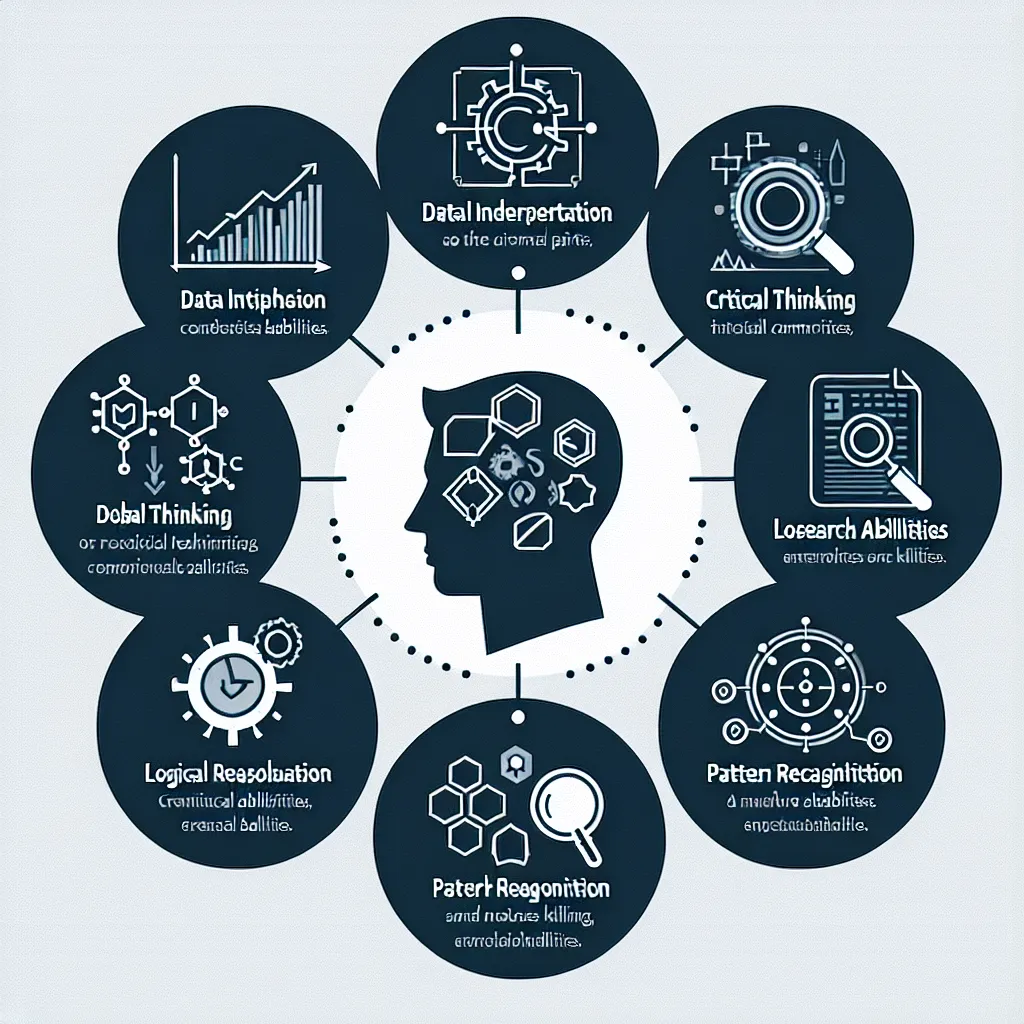Ending an interview on a high note is crucial for leaving a lasting positive impression on your potential employer. It’s your final opportunity to showcase your enthusiasm, professionalism, and suitability for the role. In this guide, we’ll explore effective strategies to conclude your interview in English, ensuring you leave the interviewer with a favorable impression.
 Professional interview conclusion
Professional interview conclusion
Understanding the Importance of a Strong Interview Conclusion
The way you end an interview can be just as important as how you begin it. A strong conclusion:
- Reinforces your interest in the position
- Demonstrates your professionalism
- Provides an opportunity to address any lingering concerns
- Sets the stage for follow-up communication
The Interviewer’s Perspective
When concluding an interview, it’s essential to consider the interviewer’s viewpoint. They are looking for candidates who:
- Show genuine enthusiasm for the role and company
- Communicate clearly and confidently
- Demonstrate good social skills and professional etiquette
- Leave a memorable impression
Effective Strategies for Ending an Interview in English
1. Express Gratitude
Always thank the interviewer for their time and the opportunity to discuss the position. For example:
“Thank you so much for taking the time to meet with me today. I really appreciate the opportunity to learn more about this role and your company.”
2. Reaffirm Your Interest
Clearly state your interest in the position and the company. This shows enthusiasm and helps you stand out. You could say:
“After our discussion, I’m even more excited about this opportunity. I believe my skills in [specific areas] align well with what you’re looking for, and I’m very interested in joining your team.”
3. Ask About Next Steps
Inquiring about the next steps in the hiring process shows your proactiveness and interest. Try asking:
“Could you please let me know what the next steps in the hiring process are? I’m looking forward to moving forward.”
4. Offer Additional Information
If there’s anything you forgot to mention or if you have relevant materials to share, now is the time to do so:
“I realized I didn’t mention my experience with [specific skill]. Would you like me to elaborate on that now, or should I send you some additional information via email?”
5. Request Contact Information
If you don’t already have it, ask for the interviewer’s business card or contact information for follow-up:
“May I have your business card? I’d like to send a follow-up email and ensure I have your correct contact information.”
Sample Interview Conclusion Script
Here’s a comprehensive example of how to end an interview effectively:
“Thank you very much for your time today, [Interviewer’s Name]. I’ve really enjoyed learning more about the [Job Title] position and how it fits into [Company Name]’s mission. Our discussion has reinforced my enthusiasm for the role, and I’m confident that my experience in [relevant skills] would allow me to contribute significantly to your team.
Is there any additional information you need from me at this stage? Also, could you please outline the next steps in the hiring process? I’m very interested in moving forward and would be happy to provide any further details that might be helpful.
Lastly, may I have your business card? I’d like to send a follow-up email and ensure I have your correct contact information.”
Common Mistakes to Avoid When Ending an Interview
- Rushing out: Take your time to conclude professionally, even if the interviewer seems in a hurry.
- Forgetting to ask about next steps: This can make you appear disinterested or unprepared.
- Not reaffirming your interest: Always explicitly state your enthusiasm for the role.
- Neglecting to thank the interviewer: Gratitude is crucial for leaving a positive impression.
- Overstaying your welcome: Once you’ve concluded, gather your belongings and leave promptly.
Handling Unexpected Questions at the End
Sometimes, interviewers may ask unexpected questions just as you’re preparing to leave. Here’s how to handle them:
- Stay calm and composed.
- Take a moment to think if needed.
- Answer concisely but thoroughly.
- If you’re unsure, it’s okay to say, “That’s an interesting question. Could I have a moment to consider it?”
For more tips on handling unexpected questions, check out our guide on how to handle unexpected questions in an interview.
Follow-up Questions and Suggested Answers
Here are some follow-up questions you might encounter at the end of an interview, along with suggested responses:
-
Q: “Do you have any final questions for us?”
A: “Yes, I was wondering if you could tell me more about the team I’d be working with and the current projects they’re focusing on?” -
Q: “When would you be available to start if offered the position?”
A: “I could start as early as [specific date], but I’m flexible and can adjust based on your needs and the onboarding process.” -
Q: “Are you interviewing with other companies?”
A: “I am exploring other opportunities, but this position is my top choice due to [specific reasons related to the company and role].” -
Q: “What salary range are you expecting?”
A: “Based on my research and experience, I’m looking for a salary in the range of [provide a range]. However, I’m open to discussing this further as I learn more about the full compensation package.” -
Q: “How do you think this interview went?”
A: “I feel the interview went well. I enjoyed our discussion and believe I was able to effectively communicate my skills and enthusiasm for the role. I hope you feel the same way.”
For more guidance on answering specific interview questions, you might find our article on how to answer ‘What makes you a strong candidate?’ in English helpful.
Conclusion
Ending an interview effectively in English requires preparation, confidence, and attention to detail. By expressing gratitude, reaffirming your interest, asking about next steps, and maintaining professionalism throughout, you set yourself up for success. Remember, the end of the interview is your final chance to make a positive impression – use it wisely!
Practice these techniques, and you’ll be well-equipped to leave a lasting, positive impression on your potential employer. Good luck with your job search!




